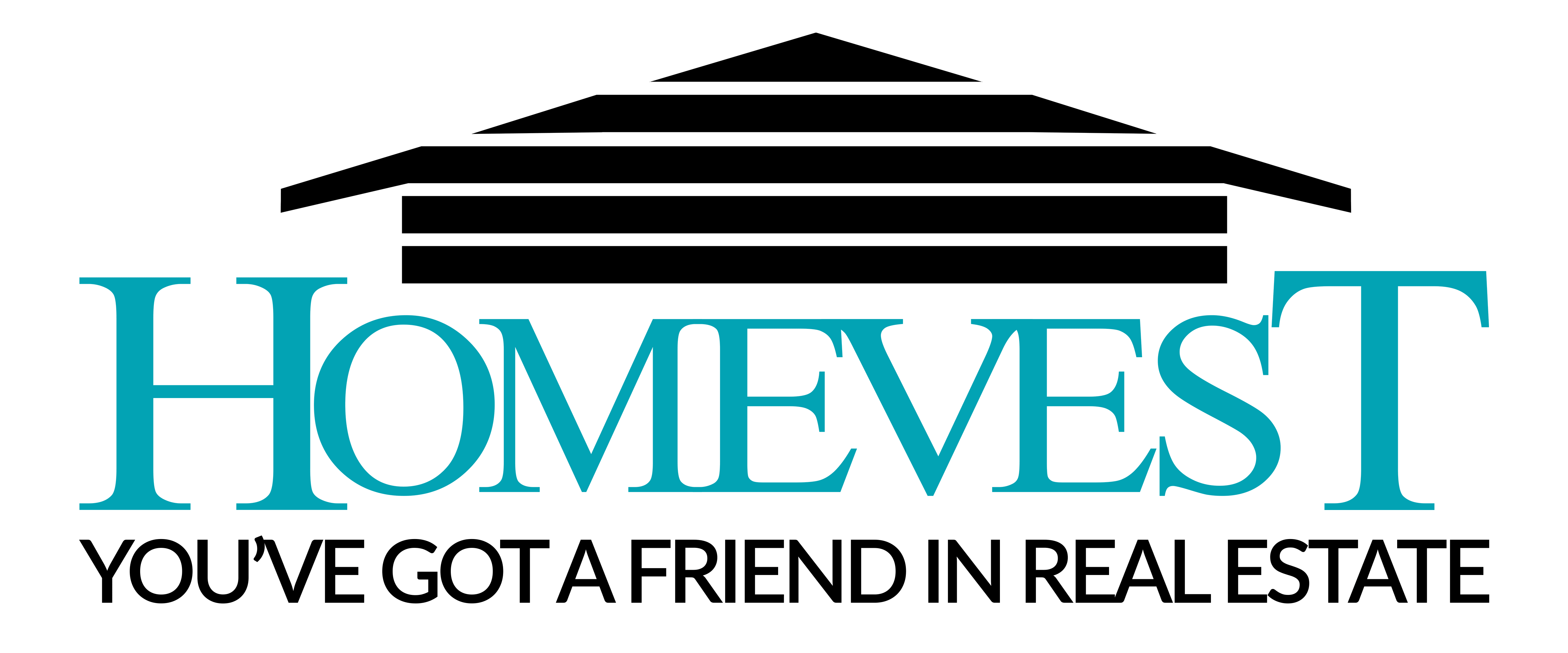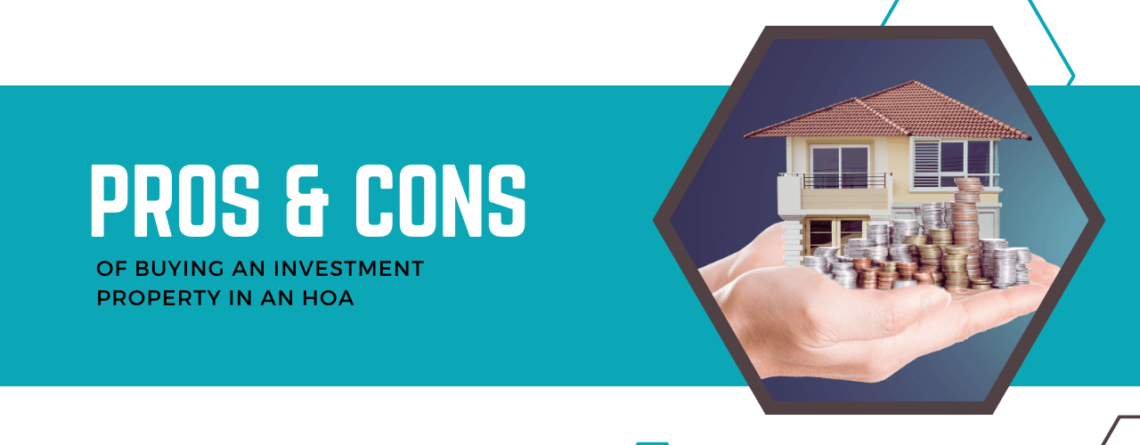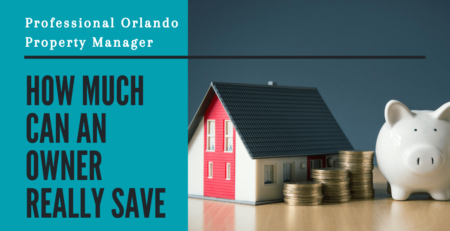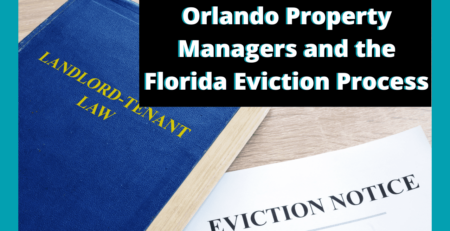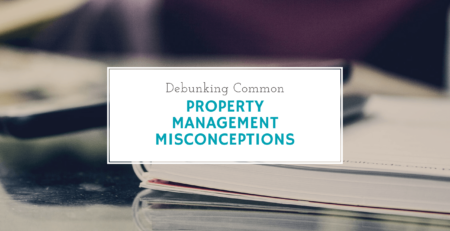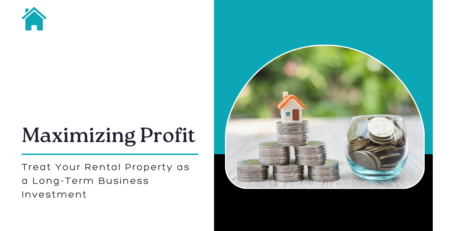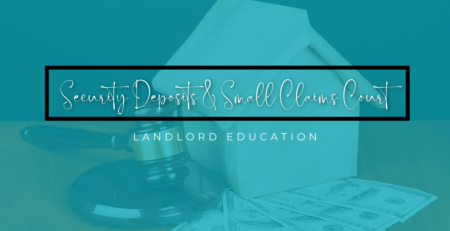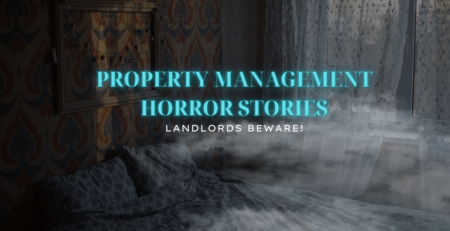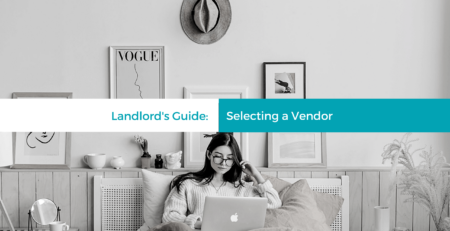Pros & Cons of Buying an Investment Property in an HOA
You think you’ve found the perfect investment property to buy, but you find out it’s in an HOA.
Does this change anything for you?
Should it?
We’re talking about the pros and cons of buying an investment property in an HOA. More and more properties in Orlando and throughout central Florida are in a homeowners association (HOA), and it can be a good thing for your property values but a challenge when it comes to flexibility.
Homes are generally uniform in an HOA. You can count on high property values, well-maintained lawns, and maintenance standards that are strictly enforced. However, you’ll have to get on board with a strict set of rules. If you – or a tenant – breaks those rules, you can be looking at some steep fines.
Here’s how to judge whether you should go ahead and close that deal on an HOA investment property.
Before You Buy: Make Sure You Can Rent
Before we get into the pros and the cons of owning an HOA rental property, there’s one very serious detail you need to check: Are you allowed to rent out a property in the association?
One common mistake that real estate investors make is to purchase a property in an HOA without reading the rules and regulations regarding rentals. Some associations won’t allow you to rent out a property. Others will require you to wait for a year. In some HOAs, there is a limit to how many homes in the community can be used as rentals, so you may be on a waiting list to rent yours out.
These are the things you need to know before you invest. Get to know the bylaws of the HOA community and all of the requirements and restrictions that pertain to renting out your property.
Most restrictions apply to short-term rentals, such as Airbnb properties. The most common rental restrictions established by HOAs include:
- Limits on how often a homeowner can rent a condo or home within an HOA throughout the year. For example, an HOA may allow owners to rent their home or condo once or twice a year.
- Setting a minimum lease period. This speaks to the unpopularity within HOAs of short term or vacation rentals. Most homeowners in an association don’t want a continuous stream of new tenants. So, an HOA might set a minimum lease period of 90 days, six months, or even a year.
- Mandatory waiting periods. Some HOAs allow homeowners to rent their units after a certain amount of time has passed. You might come across an association that expects you to live in the property for a year before you can rent it out.
- Rental limits. Many HOAs impose a rental cap to limit the number of rental units in the community. For example, if the rental cap is set at 30 percent, you can only rent your unit if that threshold has not already been met in the HOA.
If you’re thinking about investing in an HOA that has rental restrictions in place, consult with an experienced homeowners’ association attorney in Florida or a qualified Orlando HOA management company. We can talk about whether the restrictions meet the definition of “reasonable” under state law.
Benefits of Investing in an HOA Property
Some investors look specifically for HOA properties because they know these make excellent rentals. When you offer a home or a condo in an association, your prospective tenant will expect great curb appeal, a high level of maintenance, and potential amenities like a pool and clubhouse.
Here’s why you should invest in an HOA property (the pros):
- Uniformity creates high property values
Homes in HOA communities are usually built to a similar style, and homeowners agree to maintain the property to a certain standard. That’s reassuring when you want to rent your home quickly, without a lot of renovation work and cleaning.
The maintenance standard is also a benefit. Your home will always be rent-ready and updated in order to remain in compliance with your bylaws and other governing documents. HOAs will hold you accountable to the aesthetics of your property.
- Someone else is managing conflict
You won’t have to worry about complaints about the neighbors. There’s an entire association ready to bring them into compliance. You don’t have to confront your neighbors over a messy lawn or unruly trash receptacles, and your tenants don’t have to worry about it either.
Violations can easily be reported to the HOA, and the association leadership or the HOA management company can be expected to quickly address the problem.
- Common areas are maintained and safe
If your development has shared amenities such as a pool, tennis courts, barbecue grills, picnic tables, or other community spaces, the HOA will likely maintain those. You get to enjoy those benefits as a community member without having to worry about their upkeep. There’s also going to be some communal landscaping and lawn care that will make your community look great. Marketing your property to tenants will likely be easier when the home is in an HOA.
- Community amenities are popular with tenants
If your rental home is in a community that provides amenities such as a pool, clubhouse, fitness center, or other facilities, you’ll have to make sure your tenants understand the restrictions and requirements. Keys will be issued, numbers may be limited, and there will be additional rules that surround the use of these amenities.
Challenges to Investing in Orlando HOA Rental Properties
Now, let’s look at the cons.
Choosing the right investment property is an important part of earning money on the rental home. Some of these things may cause you to think twice before investing in an HOA home.
- Rules and regulations can feel suffocating
You’re agreeing to go along with the HOA’s rules and requirements when you buy a property. If you violate even minor rules, there will be consequences. If your tenants violate those rules, you’re still ultimately responsible for the financial penalties.
There may be restrictions on pets, a list of paint colors that are not allowed. You may have to have a certain kind of mailbox and it won’t be entirely up to you to choose the fence you want around your property.
- Some HOAs can foreclose on homeowners
Another challenge to buying in an HOA is the added expense. You’ll be assessed HOA dues throughout the year. Sometimes, they can be expensive. You’ll need to pay them every month or quarter, depending on how they’re collected. If you don’t pay on time, you can expect a lot of collection activities.
You also have to stay on top of paying your fines. If you don’t pay, the HOA may be able to put a lien on your property. In some cases, foreclosure is also a possibility.
- Less freedom and flexibility
As a homeowner, you’ll need to let the HOA be the authority on how your home looks and operates. This can be a huge benefit to homeowners, as we discussed earlier in the blog. But, it can also cause some stress and frustration.
It won’t be easy to make renovations, even simple ones. Installing a new screen door on a patio may require approval from your HOA. Are you willing to go through that process every time you want to update or refresh your rental property? This could add time and expense to your turnover process, for example.
It’s hard not to be able to modify and improve your property in just the way you want to. After all, you own it. You might find yourself frustrated when you can’t paint the deck or even install a deck. Think about whether you have the personality to deal with this type of conformity.
Work within a Professionally Managed HOA
 Here’s what often makes the difference: a good HOA management company.
Here’s what often makes the difference: a good HOA management company.
If you’re going to buy a rental property in an HOA community, make sure it’s one that’s professionally managed. Otherwise, decisions will take too long to be made, and you might get conflicting information from various board members about what you want to do.
A professionally managed HOA will guarantee responsive communication, a high quality of service when it comes to vendors, maintenance, and landscaping, and correspondence that’s easy to understand. You’ll have consistency, expertise, and a valuable resource when you’re not sure what your bylaws and other governing documents require.
Mistakes within an HOA can be expensive and difficult to correct. If you’d like some professional help in making a decision on a particular property that’s in an HOA, contact us at Homevest Management. We work with HOAs and we also work with owners and tenants. We’ll know whether a property and a community are a good fit for you and your investment goals.
Please don’t hesitate to contact us at Homevest Management. We provide expert Orlando property management, real estate, property rentals, and HOA management serving all of Central Florida, including Winter Garden, Doctor Phillips, Baldwin Park, Winter Springs, and Windermere.
